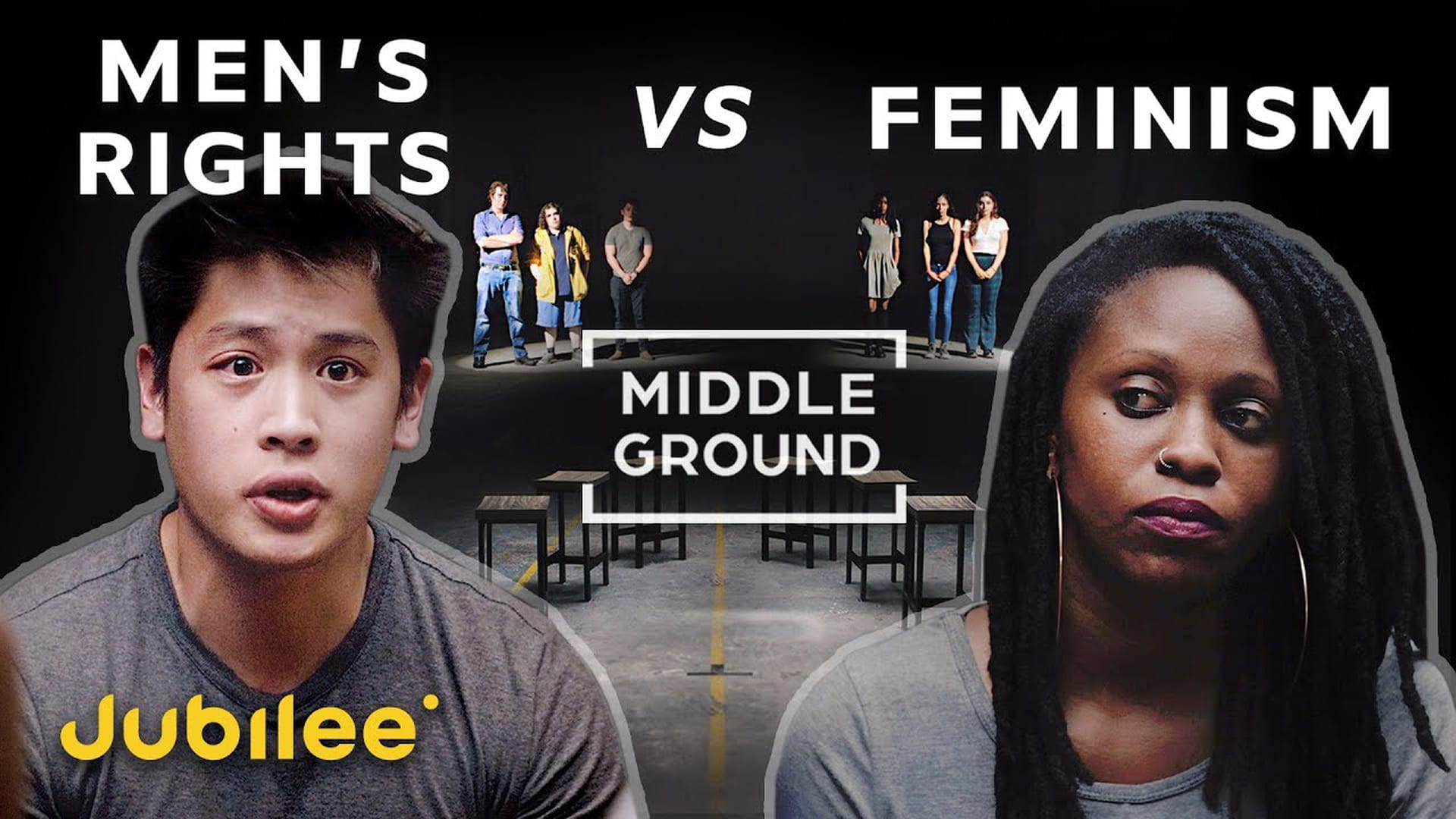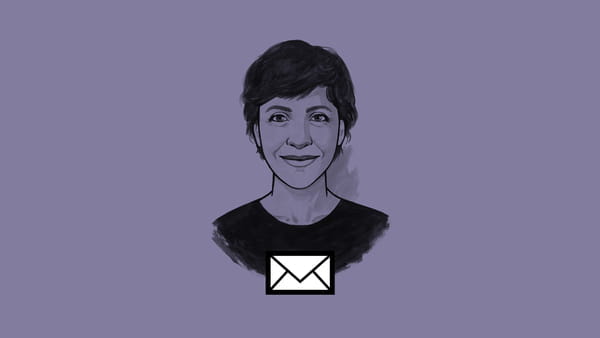Hi,
Growing up, mistakes were something to be avoided at all costs – or to be covered up if they ever happened. I was used to getting the best grades and had a hard time admitting to having done something wrong.
So, when my newsletter last week was mistakenly sent to a large number of members of The Correspondent and De Correspondent who had actually NOT signed up to it, I freaked out.
After apologising for the human error and calming down, I actually started reading the responses. And they were really heartwarming.
In my newsletter, I outlined the topics that members have asked me to cover in 2020 and what I’ll start the year writing about. I also asked for your help as I am putting together an advisory board to help guide my writing.
In your emails, you suggested people to contact, books to read, podcasts to listen to. You put me in touch with friends and family members. And you offered your opinions. I am slowly going through all the emails, but don’t worry because all of the suggestions have been noted and grouped in a special document I look at every week with tips and ideas suggested by you, our members.
Thank you so much for teaching me that mistakes are not the end of the world, and for sending me such a full list of ideas. What a way to start this new year!
Let’s keep talking about sex (and gender)!
I am still thinking about gender, following the piece I wrote a couple of weeks ago in which I argued that we should move away from the ideas we connect to gender simply because of a baby’s set of sexual organs.
I am writing a follow-up about the neuroscience and biology behind this conversation, so stay tuned for that. In the meantime, Afonso Gonsalves, our talented editorial designer, pointed me to this fascinating video.

It is from the Middle Ground series produced by the Jubilee channel on YouTube. The series is all about people disagreeing and trying to bridge the divide between opposing views. This episode is about feminism vs men’s rights. If you’re anything like me, you might usually steer clear of all things advocating men’s rights – as if there was a need to reinforce them. But I must say the show was interesting because it illustrated how to have certain conversations, while there are others where the divide could not be bridged.
The importance of communication
The BBC has just launched a page called Tiny Happy People, which focuses on the importance of language acquisition and communication for children’s wellbeing. “A chatty child is a happy child,” says the site.
There are tips and activities (divided by age) for parents to help children learn how to express themselves. I really like one suggestion that I want to put in practice for my son: making a photo album so Lorenzo and I can regularly look at his myriad cousins and family members close and far, and talk about them.
There are also some good videos (some are for UK-only viewers, unfortunately) with fun facts about the growing brain and a test to check your knowledge of language development. You will be pleased to know that I scored nine out of nine! I don’t really like making mistakes I guess …
It is never too late
Speaking of brain development, there is more good news!
The Center on the Developing Child at Harvard University, one of the leading institutions on research on early childhood, has launched a new podcast, The Brain Architects.
The first episode features Dr Jack Shonkoff, director of the centre, who gives a great explanation of the science of how brains are built, and there’s a panel discussion with experts (all women, kudos to them!).
One of the things that stuck most to my mind is something Shonkoff said: there are no perfect brains and it is never too late for anything. While early is better, the brain can always catch up and learn how to get more or less back on track.
So, no need for despair. I may still be able to pick up Russian, Japanese, Arabic and Mandarin one day ...
Have a hopeful week you all!
Irene
 Would you like this newsletter straight in your inbox?
Subscribe to my weekly newsletter where I talk about sexuality, reproductive rights and early childhood, discuss the best ideas from members and share updates on my journalism.
Would you like this newsletter straight in your inbox?
Subscribe to my weekly newsletter where I talk about sexuality, reproductive rights and early childhood, discuss the best ideas from members and share updates on my journalism.

